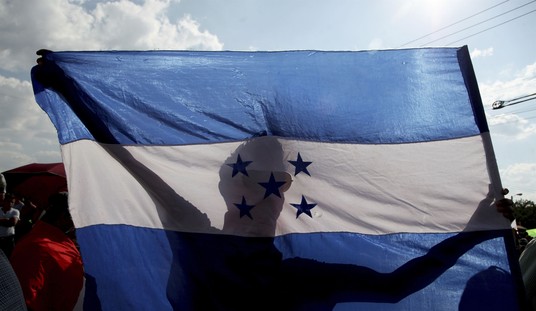The LA Times reports that the CIA and DIA believe that the Taliban gets very little money from the opium trade and al-Qaeda even less.
The report comes as the United States is revamping its approach to combating the lucrative narcotics trade in Afghanistan, whose poppy fields account for more than 90% of the world’s heroin.
After focusing mainly on crop eradication during the Bush administration, the U.S. is shifting to targeting drug kingpins and the criminal networks that control narcotics activities in Afghanistan, from harvesting to processing to export.
In one of its most disconcerting conclusions, the Senate report says the United States inadvertently contributed to the resurgent drug trade after the Sept. 11 attacks by backing warlords who derived income from the flow of illegal drugs. The CIA and U.S. Special Forces put such warlords on their payroll during the drive to overthrow the Taliban regime in late 2001.
“These warlords later traded on their stature as U.S. allies to take senior positions in the new Afghan government, laying the groundwork for the corrupt nexus between drugs and authority that pervades the power structure today,” the report says.
This report raises some interesting questions:
- If there’s no money in opium, then how can it support “the corrupt nexus between drugs and authority that pervades the power structure today”?;
- Unless of course there is money in opium, except that the money isn’t being made by the Taliban or al-Qaeda but by someone else perhaps further down the distribution chain;
- If this is so, then the “kingpins” are now incentivized to support the Taliban, either by leaving the business to the insurgents (in order to avoid the Predators) or simply to get rid of the Americans who are raining on their parade.
As this issue comes to the attention of more journalists, maybe we’ll get more answers. Meanwhile, the Times Online says the operation in Helmand is continuing.
US commanders said that Operation Eastern Resolve II was designed to push the Taleban out of the area and cut their supply lines. The battle was intense yesterday as militants fought the Marines for eight hours with small arms, mortars and rocket-propelled grenades after US forces launched a dawn air assault behind their lines. Some US officers told reporters they suspected that the insurgents must have known of the impending attack, such was the ferocity of their resistance. …
US forces estimated that up to ten Taleban fighters died during the day. It was also reported that 30kg of opium was recovered during the battle. The Taleban in Helmand acquire much of their funding from the huge narcotics industry in the province.
“I think this has the potential to be a watershed,” said Captain Zachary Martin, the commander of Golf Company of 2nd Battalion 3rd Marines, which led the assault. “In the long term it could have tremendous effects for the whole province.”










Join the conversation as a VIP Member